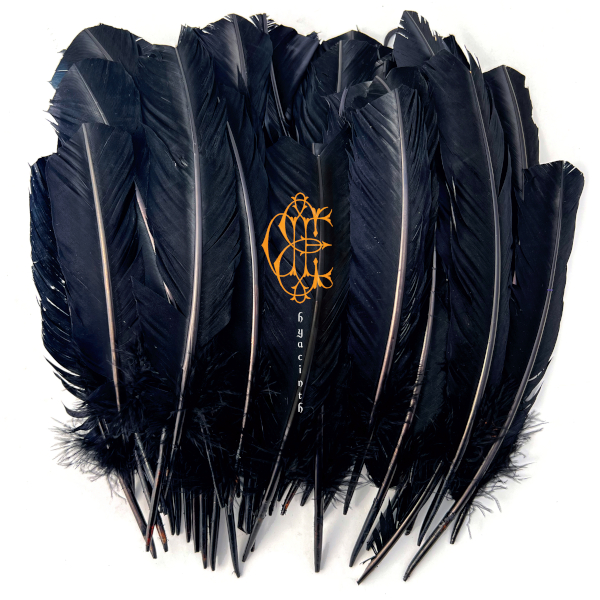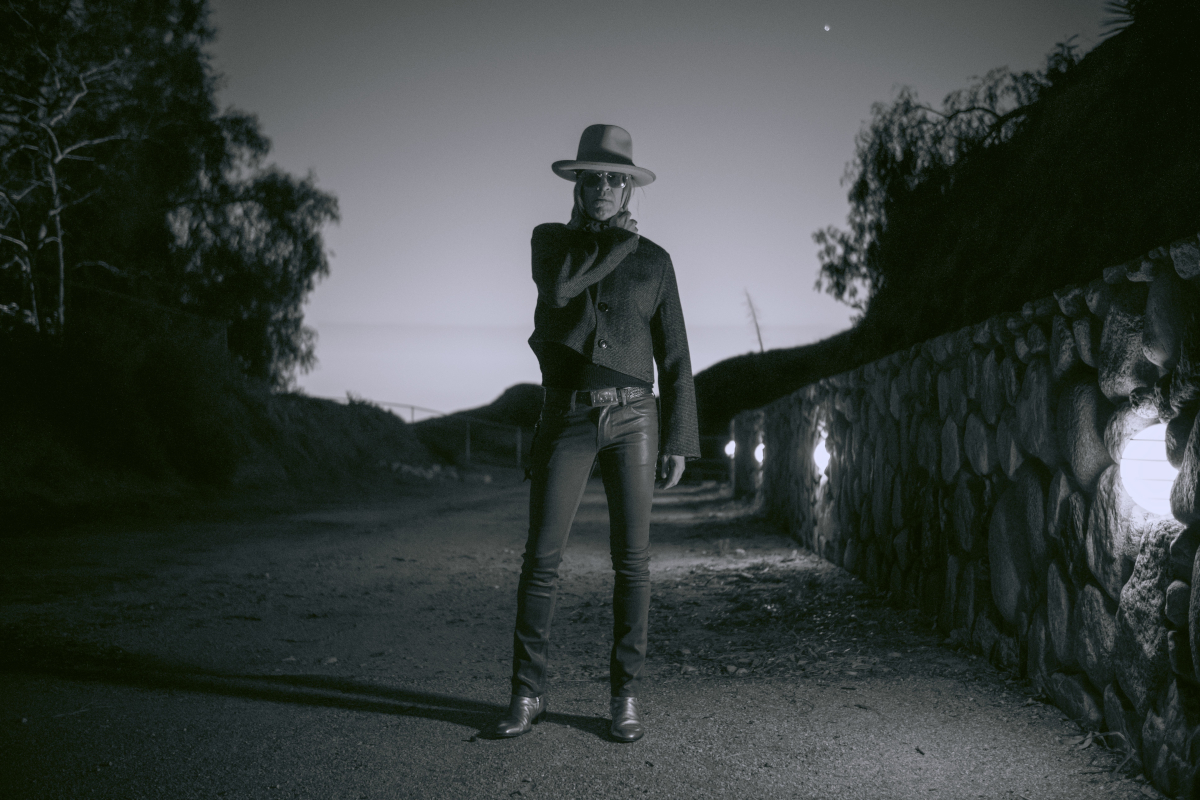David Eugene Edwards has always been a world builder. Whether it be via 16 Horsepower or later through the dusty vapor of Wovenhand, Edwards has created lasting imagery of borderless terrains, industry and struggle. And while his themes have maintained a rich mystique, Edwards’ songs have always possessed the hallmarks that tap into the vein of boom bust economies across provincial landscapes of his native America.
There’s a striking similarity to the places I grew up in within regional Australia, which is perhaps why Edwards’ music has always resonated with me. Money moves the same way through these types of micro economies, and the flow-on effect and eventual impact on smaller communities is both enormous and largely forgotten by those outside of the paradigm.
To me, Edwards’ music has always shone a light on these places, and while his music has also consisted of religious undertones (another key aspect within small communities), it all adds up as something of a working class nature.
In the midst of the above-noted projects, the Denver, Colorado artist has pivoted towards other endeavours, namely alongside Simon Bonney’s Crime and the City Solution during their 2013 comeback album, American Twilight. And while conicidental that both Edwards and Bonney’s Crime’ will release new music within the space of three weeks of each other, in the former’s case, exclusivity hasn’t always seemed like the best way forward.
Mick Harvey & Amanda Acevedo Interview: “It was a journey of a lot of discovery and experimentation”
In a world hellbent on pigeonholing art into certain styles and genres, Edward’s incongruous leanings have always pushed him towards cult status instead of the wider audiences his offerings have often commanded. From 16 Horsepower to Wovenhand, Edwards has enjoyed a great listenership across Europe; perhaps more so than his own backyard.
It’s prototypical outlier stuff, and it continues with Edwards’ first album under his own name, Hyacinth.
Following last year’s Wovenhand release, Silver Sash, which may be the last record for the project, given the recent passing of drummer, Ordy Garrison, whether that proves to be the case or note, on Hyacinth, Edwards’ dark harmony persists, with dreams that become darker and myths that slowly unravel into some kind of elite reality.

David Eugene Edwards - HyacinthWith traditional folk and Indian classical music underpinning much of Edwards’ songcraft, he welds these elements together with squalling drones and dissonance, creating the kind of the sweeping majesty and unique swagger that is maintained on Hyacinth.
Starting with the dark acoustic rumble of Seraph, containing the first of many of Edwards’ sing-speak diatribes (“You and I snaking through the sky together/ Trust you, be nothing there / Shaking arrow / Hiss into the snare.”)
Then there’s the slow, smoky sermon of Howling Flower – an abstract sequence of verses ripped from Edwards’ notebook that form a vivid picture (“Your graces they adorn / Bright blossom hysteria”).
Through the Lattice is entrenched in the world Edwards has spent years building and refining. Rich in metaphor and mystique, Edwards showcases his clear influence of the literary greats. A song shrouded in highwire drama, it’s like storm clouds rolling through desert landscapes (“Tower of silence / Through the lattice”). And speaking of literary greats, later with Bright Boy, Edwards skirts with the dark and vivid world of Cormac McCarthy’s Blood Meridian.
James Johnston & Steve Gullick Interview: “If it was always easy it would probably be boring”
What is perhaps Hyacinth’s apex moment, Apparition, carries on from the powerful pathos of the Wovenhand classic, Golden Blossom. With an aroma of New Testament reverence (“Suspending spirits in the third person’s first”), once again Edwards manages to conjure up beauty born from despair. And the nimble electro-folk of Lionisis sees Edwards continue to revel in such themes (“Cold black red ogred eyes of God”). However, here in a solo capacity the veil begins to slip, for this is Edwards at his most direct.
On closing cut, The Cuckoo, Edwards parts with the kind of imagery that has been key backdrops to much of his work. With wild horses and sycamore trees, he intersects mythology with what some would consider the mundane, and it’s these brooding juxtapositions of fact wrestling with fiction gives Edwards’ songs that extra panache.
It’s storytelling committed to tape, and the deeper you explore throughout the David Eugene Edwards’ sound world, perhaps it was no surprise that he played alongside Bonney in Crime and the City Solution, for both artists’ stories often entwine.
Hyacinth is yet another extension of Edwards’ intuitive ideologies, and whether these notions will exclusively be dispatched through the lens of his own name or whether the Wovenhand story will resume at some point, either way, the world of new music will always be stronger with David Eugene Edwards in it.
Hyacinth is out via Sargent House. Purchase from Bandcamp.


2 replies on “David Eugene Edwards: Hyacinth”
[…] including Alexander Hacke of Einstürzende Neubauten, Dirty Three’s Jim White and Wovenhand’s David Eugene Edwards had its moments. But, in true fashion, Bonney and Adams weren’t ones to remain in one place for […]
LikeLike
[…] It’s interesting, because you’ve both had new albums out within the two weeks of one […]
LikeLike